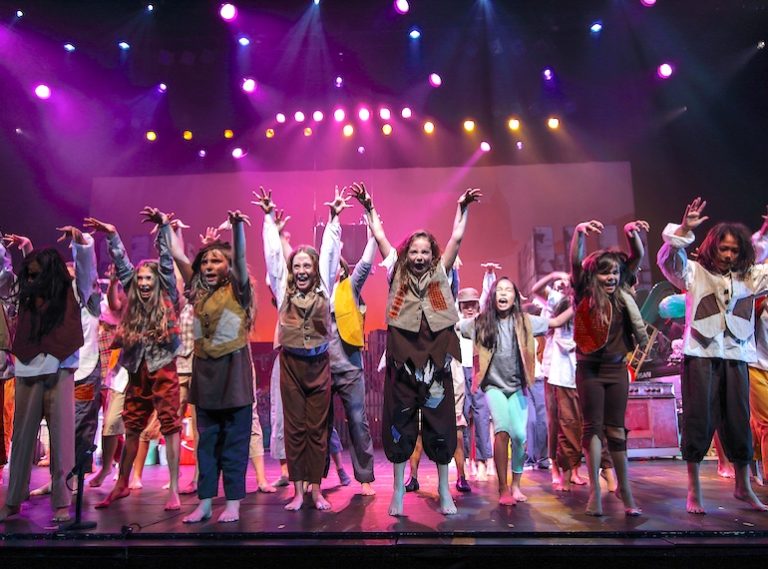
It is widely known that maths is all around us and is highly useful for real life. Maths exists in almost every facet of our day-to-day lives, from counting out change at the grocery store to the computer programs that power our electronic tools.
However, many people do not understand that discovering how to apply mathematics in real life can begin as early as primary school. We often assume that primary school maths is merely setting the stage for more advanced learning in the future. Yet, having run a primary math tuition online service for a number of years, we find that primary school maths syllabus does in fact teach us many valuable skills.
While it holds true that it presents fundamental proficiencies that will strengthen pupils’ bases, we can also observe these beginner-level principles in the world around us.
Apply mathematics in daily scenarios
As we have learned, mathematics is throughout us, and students can take advantage of these day-to-day situations to place their skills to the test. Whether it’s counting their allowance or calculating their traveling time from home to school, the real world is loaded with instances of how primary school mathematics can be applied.
Time
Learning to tell time is a necessary technique that every student have to learn in order to operate in society. Although analogue clocks are coming to be considerably rare, knowing how to read them is still important in situations where digital clocks are not readily available.
Pupils can likewise practise determining how much time has actually passed between 2 points– this will additionally help you identify whether you have actually been being in the waiting room too long!
Percentage
Percentage is a topic that many students find tricky, but it is made use of in almost every scenario including money and payments. Students can attempt to calculate the Goods and Services Tax (GST) imposed on a specific product, and examine the invoice to see whether they obtained the correct solution.
They can likewise learn to determine the rate of interest per annum they accrue for their interest-bearing accounts. This can help them much better manage their money and comprehend how finances work in the real life.
Acquiring fundamentals first
Mathematics is a subject that is shaped like a pyramid. Each topic is founded on those that come prior to it. As such, it is crucial that your child invests as much time on introductory subjects to comprehend them prior to going on to advance lessons.
An appropriate pace and understanding should be prioritised over speed, which is necessary but as a secondary priority. A pupil’s basics is akin to a foundation that she or he can count on in times of uncertainty.
…

